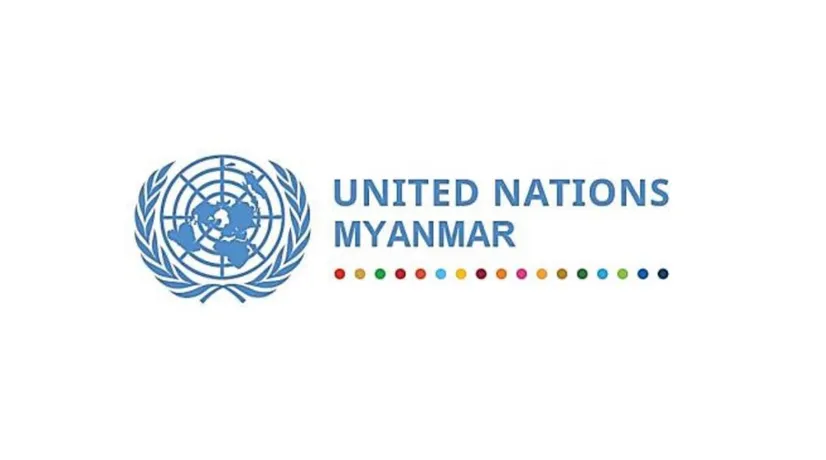Note to Correspondents: Statement by the Secretary-General’s Special Envoy on Myanmar regarding the ASEAN Humanitarian Consultations
03 May 2022

The United Nations Secretary-General’s Special Envoy on Myanmar, Noeleen Heyzer, welcomes the convening of the Consultative Meeting on ASEAN Humanitarian Assistance to Myanmar on 6 May and strongly urges ASEAN leaders and donors to prioritise principled engagement with diverse local humanitarian networks to effectively deliver aid to all communities in need.
Over the past few months, the Special Envoy has held extensive engagements with some of Myanmar’s civil society organisations and local humanitarian networks who have been at the frontline in addressing the widening crisis amid escalating violence and increasing displaced populations. These groups have called for unhindered and safe humanitarian access to facilitate delivery of assistance without discrimination. The key messages from local humanitarian networks are clear: there is a need for the utmost respect of international humanitarian law and humanitarian principles; urgently needed humanitarian aid must not be instrumentalised for political purposes; military infrastructure must not be legitimised through aid delivery; and there is a need not only for more donor funding but also for donor flexibility to support local humanitarian actors and networks with access to hard-to-reach conflict affected areas, including internally displaced people, border communities and civilians affected by conflict, including in urban areas.
In Myanmar’s currently violent, unstable and insecure context, effective delivery of humanitarian aid requires firm commitment by all aid actors to adhere to international humanitarian law. Given the complexity of Myanmar’s conflict it is imperative that humanitarian assistance is delivered through a diverse range of channels, without discrimination or favour, and reaches the most vulnerable in every part of the country. Safe and unimpeded access for all aid actors is non-negotiable. It is imperative that we build strong, effective and equal partnerships with local and informal humanitarian networks, who have unique access, local knowledge and established trust on the ground, to support the delivery of humanitarian assistance to the people, especially in the hardest-to-reach areas, including through cross border assistance.
We must recognise the current conflict has a disproportionate impact on women and children. The Special Envoy’s consultations with women community leaders have highlighted the urgent need for humanitarian support and protection for women and children, capacity building to address gender-based violence and stronger connection to regional and global women leaders. The Special Envoy urges the global community to give women a key role in any humanitarian consultation, as women can help identify the most vulnerable and help monitor effective delivery along humanitarian principles. Reflective of the Secretary-General’s commitment to the Women, Peace and Security (WPS) agenda, we must actively engage women to fully address the humanitarian and protection needs of the people and amplify their voices for a future federal democratic union of peace, stability and shared prosperity.
Announcements
28 February 2025
Asian NGO Network on National Human Rights Institutions , CSO Working Group on Independent National Human Rights Institution (Burma/Myanmar)
Open letter: Removal of the membership of the dis-accredited Myanmar National Human Rights Commission from the Southeast Asia National Human Rights Institution Forum

Progressive Voice is a participatory rights-based policy research and advocacy organization rooted in civil society, that maintains strong networks and relationships with grassroots organizations and community-based organizations throughout Myanmar. It acts as a bridge to the international community and international policymakers by amplifying voices from the ground, and advocating for a rights-based policy narrative.